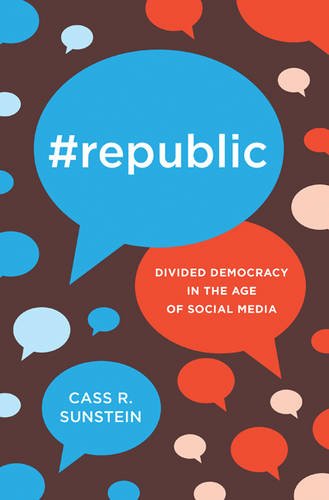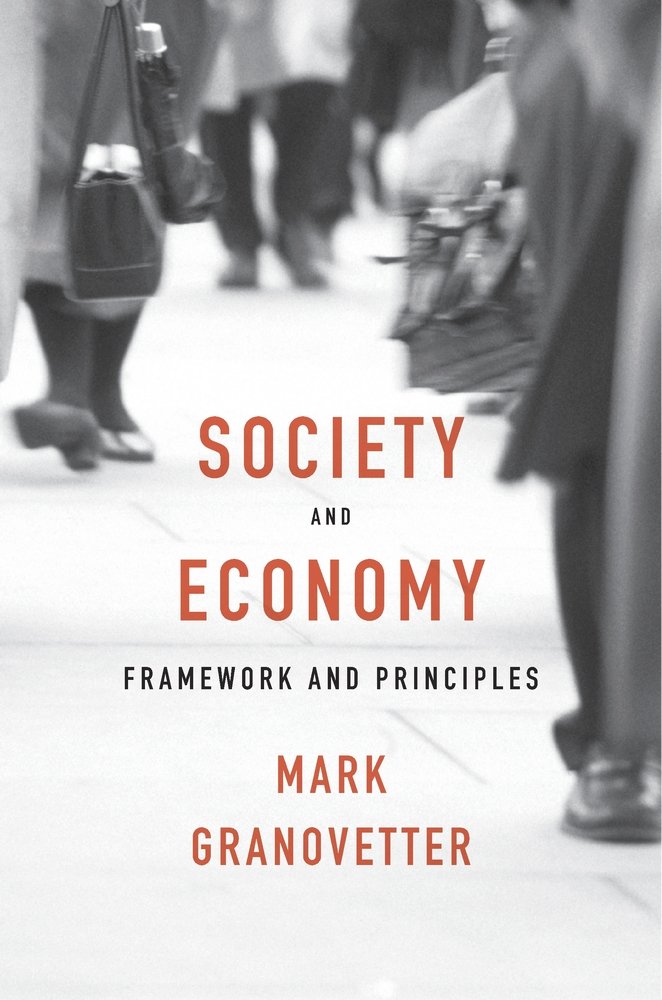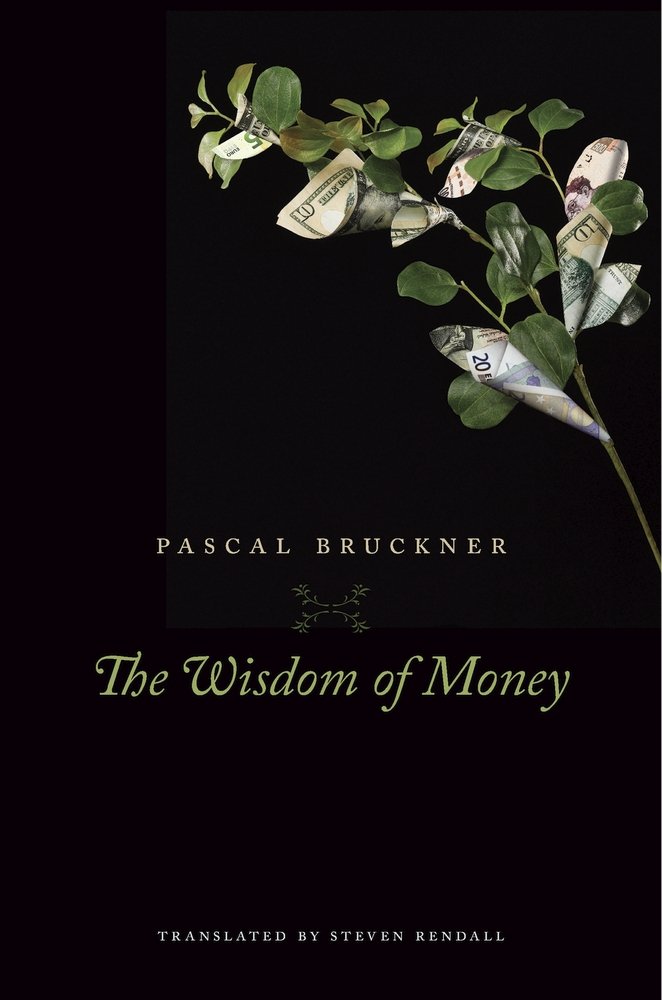As someone who spent eight years on the Competition Commission, the changing shape of competition in the digital world is a question of compelling interest to me. Mainly, I blocked mergers, but the exceptions were retail inquiries where the growing competition from online retailers (especially Amazon) was, to me, a clear constraint on merging high street chains (some of my colleagues were less convinced – this was 2001-2009). Looking more recently at the literature on digital platforms, it is clear that economists have to step up and deliver new, practical analytical tools for competition authorities. As Jean Tirole and his co-authors famously established, the old tools of market definition and SSNIP tests are inadequate for assessing competitive conditions. And when the dynamics of competing for versus in the market, and the evolution of ecosystems, are so important now, the longstanding failure of competition economics to deliver a systematic way of thinking about static versus dynamic impacts of mergers really matters.
This is a long-winded preamble to mentioning Virtual Competition: the promise and perils of the algorithm-driven economy by Ariel Ezrachi and Maurice Stucke. The authors clearly are concerned about the failure of competition policy tools in the new context, and although it tries to be even-handed the book paints a picture of a world of increasing market power, to the detriment of consumers and citizens.
The most interesting thread in the book from an economist’s perspective is the reflection on the role of information in markets. Reductions in search costs should improve consumer and economic welfare, make markets more competitive. However, the greater availability of information in the online world is illusory because there is a staggering imbalance. Digital platforms have an extraordinary amount of extra information about us – and there are very interesting chapters covering the struggle between platforms, advertisers, app developers etc to gather and aggregate the personal information. However, the information we consumers get about the goods and services we’re looking to purchase is diminishing. The book raises the question as to whether the use of cookies and geo-tracking is enabling ever-better price discrimination by platforms and online sellers; there has been no systematic evidnce that this is so, but then it would be hard to gather the data to test this properly.
At the start of the internet era, there was great optimism that this was a technology for empowering consumers with more nearly perfect information, allowing easy price and product comparisons. In fact, it may be returning us to the era of the bazaar, with reducing transparency of information about prevailing market prices and conditions. “In a market that is in reality controlled by bots and algorithms, what power does the invisible hand posess?” Instead, maybe we have a digitalized hand, determining the specific market price in any given context. As others have done (Francis Spufford in Red Plenty – not cited – and Eden Medina in Cybernetic Revolutionaries – which is cited here), the book notes that in the limit a profit-maximizing market with perfect information and a social-welfare maximising central planner similarly well-informed would reach the same prices and allocations (although contrasting distributions).
The book does a good job of describing the changing dynamics of competition in digital markets, and why there is every reason to be concerned. Written by two lawyers, it is frustrating that it hardly mentions the economic research literature, which is proliferating even if not yet reaching policy-ready conclusions. The authors also over-do some of their critique of digital businesses – for example, they include a section on the use of framing and choice architecture to manipulate consumer choice, but that dates back to the pre-digital days of Mad Men. Still I share their view that we are in an age similar to those of the giant industrial trusts, and some digi-trust-busting is going to be needed.






